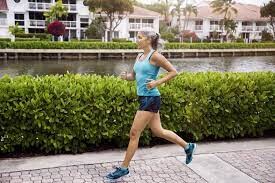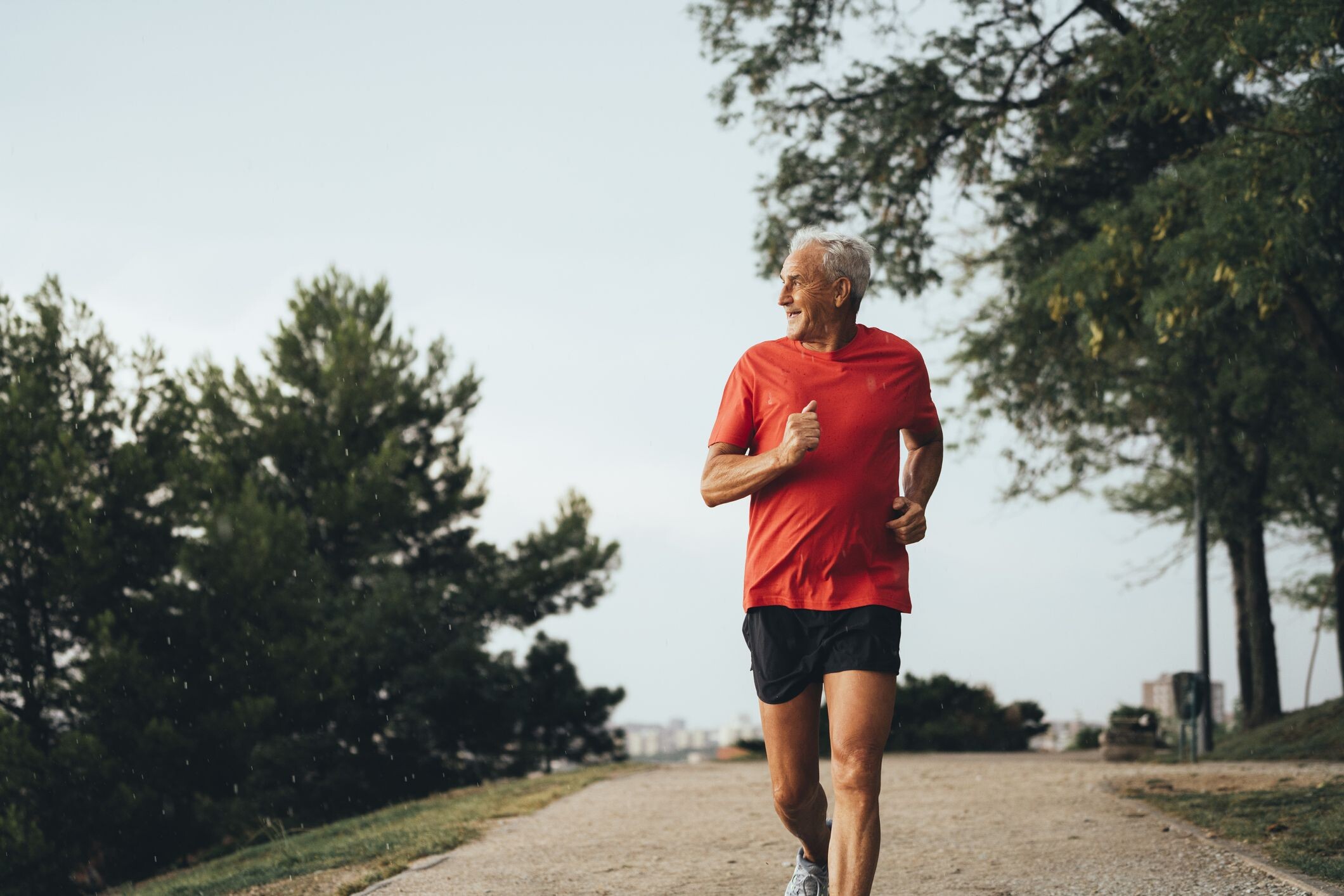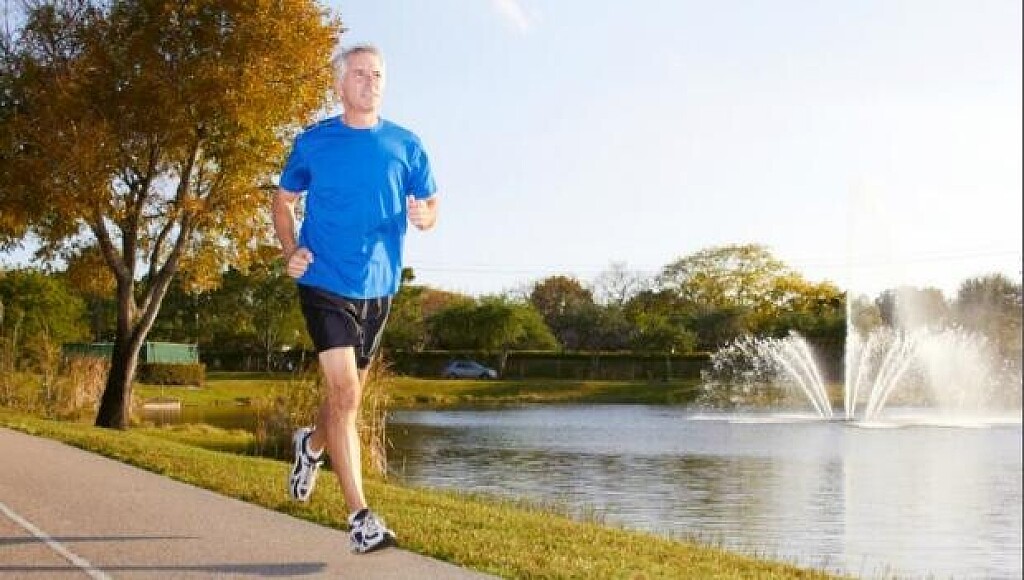Running News Daily
Running News Daily is edited by Bob Anderson. Send your news items to bob@mybestruns.com Advertising opportunities available. Train the Kenyan Way at KATA Kenya and Portugal owned and operated by Bob Anderson. Be sure to catch our movie A Long Run the movie KATA Running Camps and KATA Potato Farms - 31 now open in Kenya! https://kata.ke/
Index to Daily Posts · Sign Up For Updates · Run The World Feed
Three ways runners get better with age
Recent performances in distance running have demonstrated the ability of athletes to break records well into their late 30s and 40s, particularly in longer distances. Sports scientist Sian Allen, a research manager for the Lululemon innovation team, recently shared three ways athletes are able to improve their performances as they age, and her observations hold true for both professionals and regular runners hoping to continue to smash PBs.
1.- Years of training wisdom

A recent study published in the Annual Review of Psychology points out that our crystallized intelligence–the stored knowledge that we accumulate over the years–doesn’t peak until we are in our 60s. Years of learning carry over to improved running performance.
In a recent article in The Irish Times, Swiss researcher and ultrarunner Dr. Beat Knechtle explains that the boost in older endurance athletes’ performances has a lot to do with experience and mindset. “Experience, starting slow, going slow, focusing on the aim … younger athletes always tend to want to achieve a place, a podium, a time,” he said. “The older ones like me say the first aim is to finish, and finishing means preparing.”

2.- Improved physical awareness
As we age, we become more familiar with our bodies and are capable of understanding the feedback signals our brain is receiving, a process referred to as interoception. Anyone who has competed over years or decades can probably attest that they have become far better at “reading their body” over time.
A recent study also pointed out that athletes, from sprinters to endurance athletes, are better at this skill than non-athletes. The wide range of runners were more confident in their interoceptive abilities and could hone these over time.
3.- Better pacing skills
Just as years of experience can help runners learn to troubleshoot and adjust on race day, they also learn how to pace themselves effectively. Research has shown that older marathon runners are more likely to use steady-state or negative pacing strategies, rather than trying to put “time in the bank” in the first half of a marathon.
With more learned control and a greater willingness to be conservative in the early stages of a race, older runners are better able to plan and execute speedier race performances.
by Keeley Milne
Login to leave a comment




